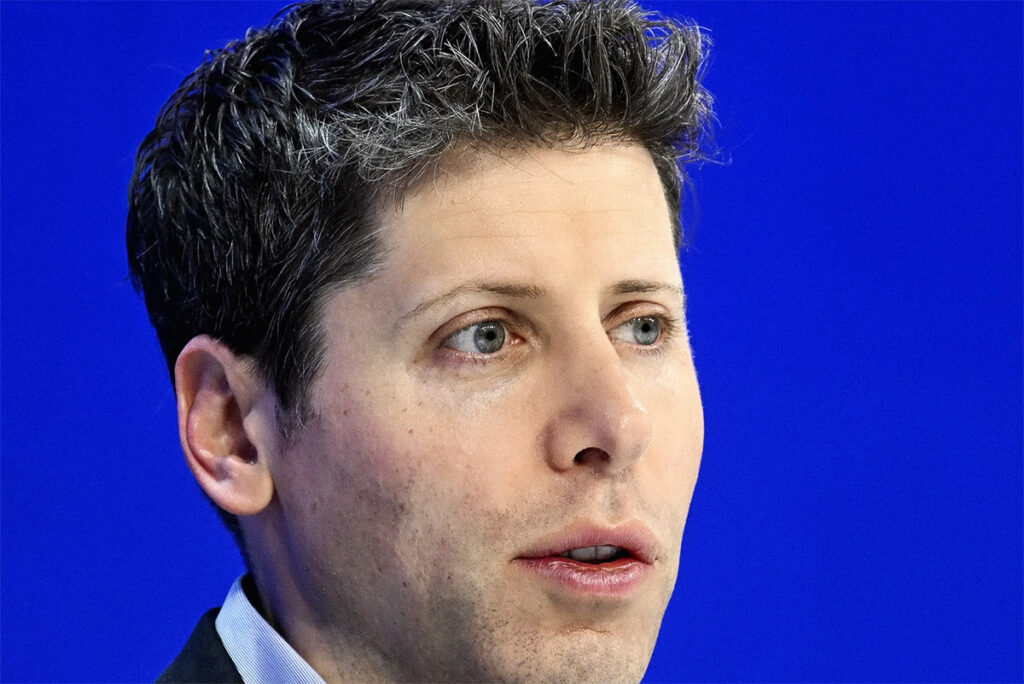OpenAI Hires Three Leading Engineers from DeepMind

OpenAI Welcomes New Experts in Computer Vision
New Hires Boost OpenAI’s Team
OpenAI has recently expanded its workforce by hiring three prominent engineers specializing in computer vision and machine learning from DeepMind, a key competitor in the tech industry. These new team members, Lucas Beyer, Alexander Kolesnikov, and Xiaohua Zhai, will be based in OpenAI’s newly established office in Zurich, Switzerland. This move underscores OpenAI’s commitment to advancing multimodal AI technology, which combines different forms of input, such as images and audio, to enhance user experience.
Focus on Multimodal AI Development
OpenAI has been a leader in the field of multimodal AI. It first launched its notable text-to-image platform, DALL-E, in 2021. Initially, OpenAI’s flagship chatbot, ChatGPT, was limited to processing text inputs. However, the company has since incorporated voice and image functionalities, reflecting the growing importance of multimodal capabilities in its product offerings and research initiatives. The latest version of DALL-E is now integrated within the ChatGPT interface, offering users advanced AI tools.
In addition to DALL-E, OpenAI is working on a groundbreaking generative AI video product named Sora, although it has yet to be made widely accessible to the public.
Background of the New Engineers
Beyer, Kolesnikov, and Zhai have a strong history of collaboration, often working closely at DeepMind. Beyer has demonstrated a keen interest in OpenAI’s progress, frequently discussing the company’s achievements and challenges on social media. His engagement intensified during a leadership crisis at OpenAI last year when CEO Sam Altman faced temporary removal by the board. In his comments, Beyer suggested that the dismissal was partly due to Altman’s involvement in multiple ventures simultaneously.
Competitive Talent Landscape
The competition for top talent in the AI sector is fierce, with companies like OpenAI and DeepMind constantly vying for a limited pool of experts. Many researchers in this field are receiving lucrative offers, often exceeding seven figures annually. This trend has led to a pattern of employees frequently switching between leading firms.
For instance, Tim Brooks, a former co-leader of OpenAI’s Sora project, recently transitioned to DeepMind, further illustrating the active talent exchange between these technology giants. Microsoft’s recruitment strategies have also involved significant moves, such as the hiring of Mustafa Suleyman from Inflection AI.
Departure of Key Figures at OpenAI
Several notable figures have left OpenAI in recent months to pursue opportunities with competitors or to start their ventures. Ilya Sutskever, one of the co-founders and former chief scientist of OpenAI, has launched a new startup focused on AI safety called Safe Superintelligence. Additionally, Mira Murati, who previously served as OpenAI’s chief technology officer, is also branching out to raise capital for her own AI initiative.
Global Expansion Plans
As part of its growth strategy, OpenAI is looking to enhance its global presence. The newly opened Zurich office is just one part of a broader plan that includes establishing additional offices in major cities like New York, Seattle, Brussels, Paris, and Singapore. OpenAI already maintains offices in London and Tokyo, in addition to its headquarters in San Francisco.
Zurich is becoming an increasingly significant tech hub, bolstered by its renowned academic institutions such as ETH Zurich, which houses a top-ranked computer science program. This strategic move aims to attract further talent and innovation in the field of AI.
As the landscape of artificial intelligence continues to evolve, companies like OpenAI remain at the forefront, continually adapting to the competitive dynamics of the market and striving to develop advanced technologies that redefine user experiences.






